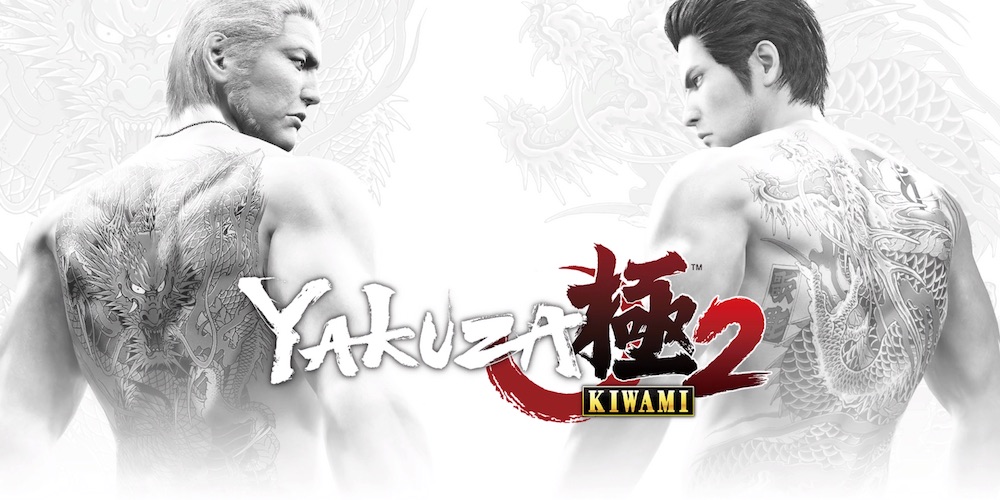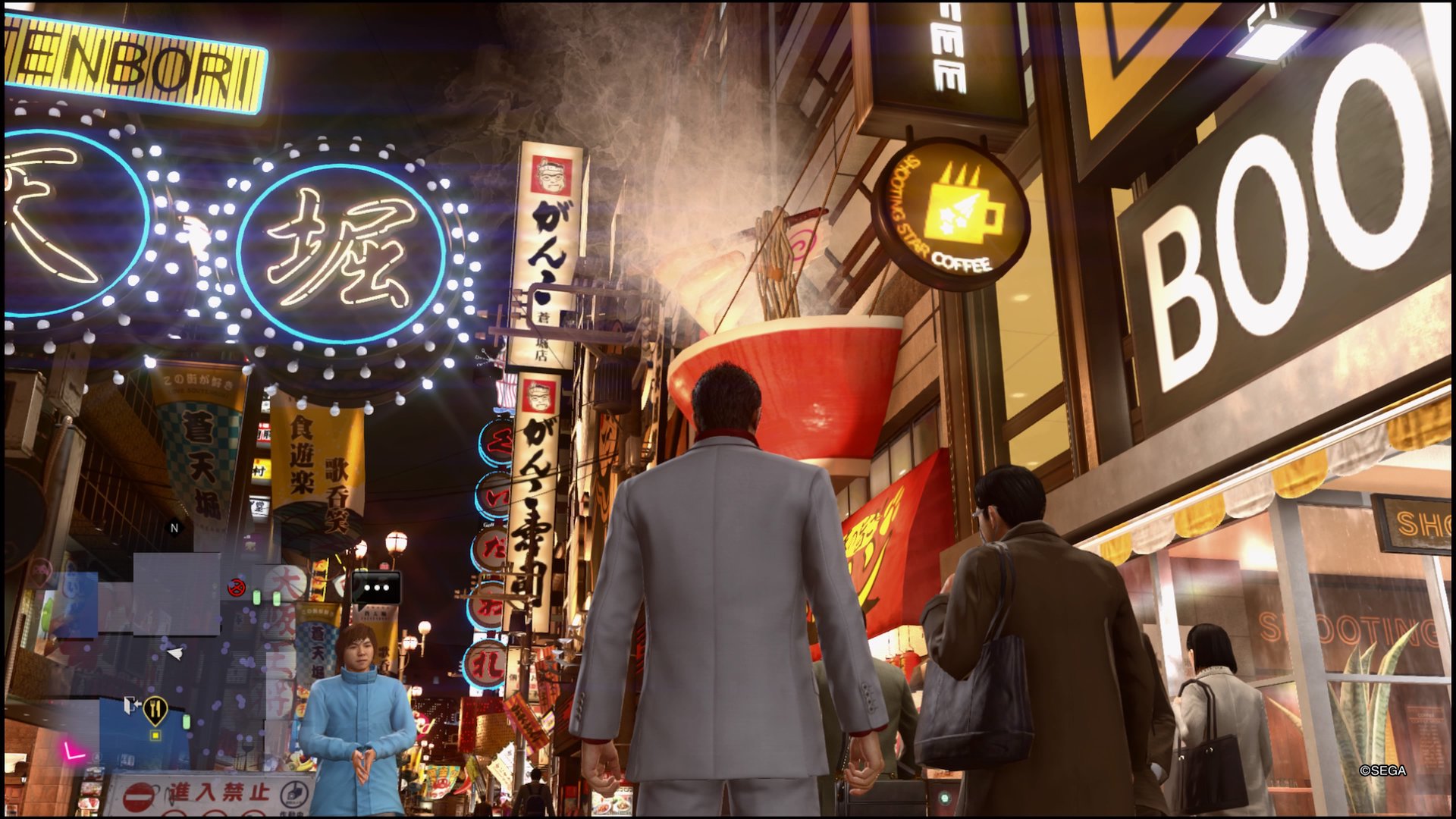
There’s no denying that Yakuza has had a burst of popularity over the past few years in the West. The tonal dissonance created by its well-paced crime drama narratives and ridiculous side activities make for an experience like no other. Yakuza Kiwami 2 is a remake of the second entry in the franchise, and much like Yakuza Kiwami, is a complete overhaul of the game from a visual and gameplay standpoint, with some added tweaks to the narrative for consistency. After playing Yakuza 0 and Kiwami, I was eager to experience the next entry in SEGA’s excellent franchise.

A year after the events of Yakuza Kiwami, an assassination sends the Tojo Clan and Omi Alliance to the brink of all-out war, and series protagonist Kazuma Kiryu is caught in the middle of it. His progress to mend the relationship between the two organised crime groups is quickly halted by Ryuji Goda, serving as the main antagonist for the plot. It goes much deeper than that, though, with numerous plot twists and expertly crafted character moments that help build the world and story at play. It doesn’t quite reach the heights of Zero, but effortlessly trumps Kiwami in scale, pace, and emotional weight.
The voice-acting on display here is nothing short of brilliant. Every single character is sold effortlessly to the world, and all are likeable, even the villains. It has always been of a high standard for recent Yakuza games, but Kiwami 2 seems to accentuate this to a high degree. Ryuji Goda as the main antagonist and the supporting Kaoru Sayama take the spotlight in this regard. It’s a well-paced, entertaining, and intricately told story that anyone could enjoy, with some gratuitous nods back to Kiwami and Zero.

Yakuza Kiwami 2 includes a small substory featuring series anti-hero, Goro Majima. The three chapter long adventure adds some extra context to the events of the main narrative, while also tying some loose ends created by Yakuza 0 to an immensely satisfying degree. However, the main arc of this saga never jumps at the chance to get going like the main narrative does and feels remarkably weaker in contrast.
The change to the relatively new Dragon Engine also brings multiple changes to combat, some for the better, and some for the worse. Fights spilling over into corner stores and local ramen joints with no loading time shows what this engine is capable of in terms of its fluidity. The moment to moment gameplay is excellent, with minimal interruptions, but, unfortunately, it’s not very deep when it comes to combat. Much like Yakuza 6, it lacks the numerous fighting styles found in Kiwami and Zero that keep them feeling fresh and varied. It has more of an emphasis on utilising weapons to gain an advantage, but ultimately devolves into button mashing and blocking at the right times, despite how flashy it can appear when using Heat Actions.

Unlike Yakuza 6, Kiwami 2 is filled to the brim with substories and mini-games. It’s hard not to be side-tracked while wondering in Sotenbori or Kamurocho by one of the many activities such as visiting arcades, bettering your Cabaret Club as you could in Zero, or engaging in some weirdly wonderful side-quest. The title continually finds ways to surpass itself in how odd some of these can be, and it’s impressive how the underlying themes are handled within every one of them. They’re goofy in all the right ways, and it’s refreshing to see side content have as much love and care put into them as the main story.
The upgrade to the Dragon Engine does nothing but wonders for the visuals of Kiwami 2. The textures are gorgeous, animations are sleek, and the amount of detail in the world and character models is unlike anything else I’ve seen in a video game, especially in cutscenes. It brings the open world to life with vibrant colours and tight world design. The trade-off for this is a capped frame rate of 30 FPS, but once I adjusted, I had no issues whatsoever from a technological standpoint.

Yakuza seems to be picking up more and more traction without showing signs of stopping, and Yakuza Kiwami 2 is a shining example of why that is. Despite some shallow combat, it encapsulates everything that makes a Yakuza game special. The break-neck pacing of the main story ensures its hooks get right into you, and even if you do get side-tracked by the plethora of activities available in these dense open worlds, you’ll have just as much fun. It’s a title that aims to please both fans and newcomers alike, which it pulls off with flying colors, proving once again that Yakuza is a series worthy of the attention it receives and more.











